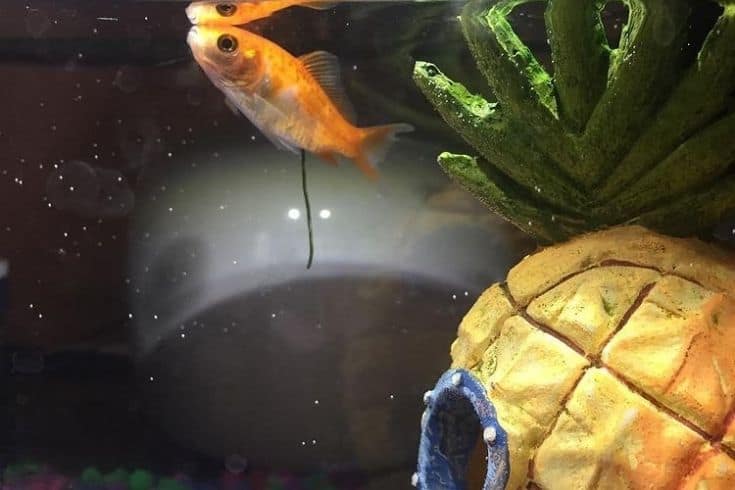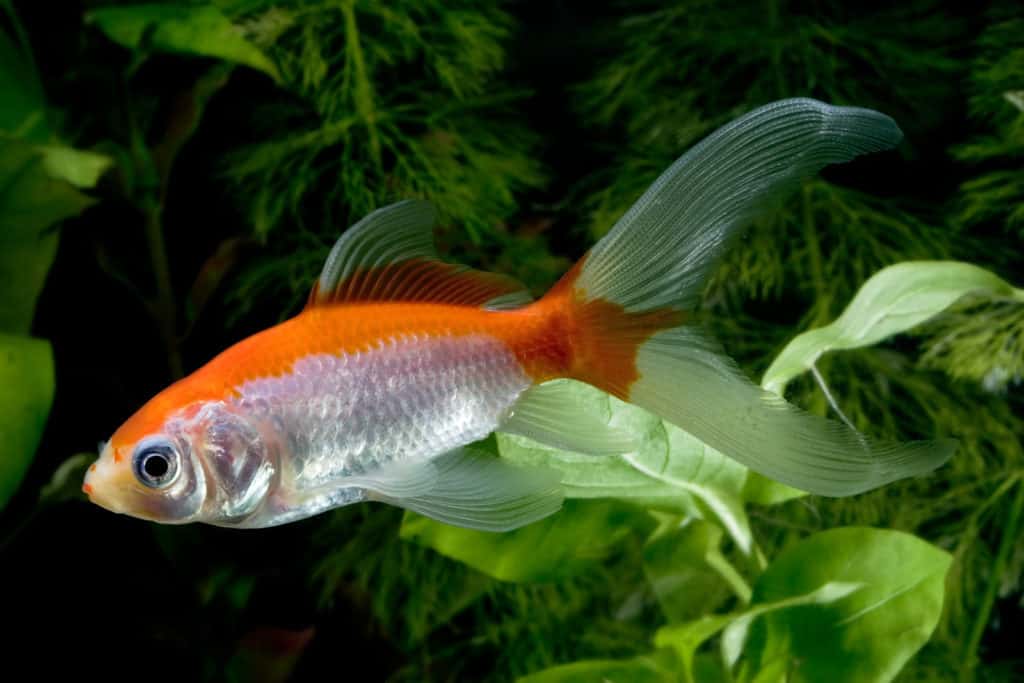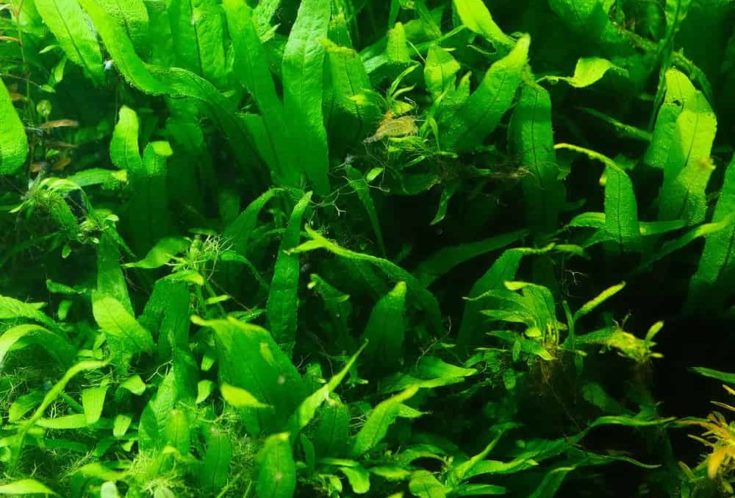Let’s get back to the basics – how do fish pee and poop? This may seem like a ridiculous (or even funny!) question, but it’s an important one. Many people overlook the fact that they have kidneys just like humans do. They simply have a shorter urethra and lack a bladder, so their kidneys must perform double duty – filtering the blood and removing wastes from them as well.
What does this mean for your pets? Well, it means that their ability to process and get rid of waste/the byproducts of digestion is a key marker to overall health. If its kidneys aren’t functioning properly, your pet may find himself dealing with problems like ammonia poisoning (due to incomplete proteins) or constipation (if the wastes can’t move through the system fast enough).
So, given that we’ve established that it’s important to learn how your pets get rid of waste, let’s go back to the original question: how do fish pee and poop? Well, it’s actually a little different for each.
How Do Fish Poop?

The scientific term for poop is feces, and it is a byproduct of digestion and microbial activity. It plays an important role in carbon cycling, but it’s also a marker of the foods that your pets are eating. A diet that is high in plant-based flake foods is going to result in a different type of feces than a diet of meaty, protein-based foods.
So, how do fish expel their feces? Well most of them will expel their feces through an anal vent (also called a cloaca), which is simply an opening for all wastes to leave the body. This includes not only feces but also urine, reproduction, and sometimes eggs or sperm if needed.
Some species have a different pathway for urine vs feces – For instance, Discus (Symphysodon) expel their feces through the vent but urinate through the mouth. This combination of functions is common in many cichlid species as well, including some of our favorite rift lake cichlids like Frontosa and Lamprologus.
How Do Fish Pee?
For the most part, fish pee via their gills.
This may seem odd at first, but it actually makes sense. The gills are designed with a series of capillaries that increase surface area to allow efficient gas exchange. They’re also constantly flushed by water with every breath it takes in.
So, when you put two and two together, it’s logical that fish release their urine into the water via their gills. This can be a bit hard to spot, and some pet owners describe it as rain droplets on the surface of the water.
Of course, there are some exceptions (okay, a lot of exceptions, but we’ll get to that in a minute). Some species can store their urine and expel it through an anal vent. This is especially true of some species like Bettas (Betta splendens), where they can actually produce quite a bit of urine and will expel it via the vent once every week or so.
Notable Exceptions
As we mentioned above, there are a lot of exceptions to the general way in which fish pee and poop.
In some species, males will actually release their urine through an anal vent instead of gills. This is because they have swollen anal chambers that increase surface area during the breeding season. Meanwhile, in some species, females will do the opposite by releasing it through their gills. This is a common practice in livebearers and some types of guppies (Poecilia), where they will release the oxygen they use together with their waste.

There are also some species like Betta splendens that can expel both urine and feces through their gills or mouths at various times. This is especially true when they feel threatened, which is why you’ll sometimes hear hobbyists advise putting a lid on the fish tanks to avoid exposing your pets to danger.
When it comes down to it, however, most species will expel their waste through an anal vent during regular activities. While there are always exceptions that break the rules, the vast majority of species follow this pattern.
What Is The Importance Of Fish Waste?
Now that you have an understanding of how fish expel waste, it’s important to understand the importance it serves. Waste is important for aquatic animals and the environment they live in. Here’s a more in-depth look into what we mean:
It Gives You An Overall Picture Of Your Pet’s Health
It probably comes as no surprise that aquatic animals have to poop, just like all other animals. However, one of the benefits of keeping fishy friends as pets is that their waste gives you an easy way to monitor their health. By paying attention to fish poop, you will be able to determine its age, diet, and overall health. For example, a 6-week-old fish is going to have very different stools than one that is middle-aged.
This insight is invaluable when you’re trying to diagnose one of your pets’ health problems. A constipated pet may be experiencing a disturbance to the delicate balance of its intestinal flora, resulting in a buildup of toxins and a blockage. This results in fecal pellets which are dry, hard, and have a dark coloration.
On the other hand, if your pet has bladder issues, it may be producing large amounts of dilute urine, leading to fecal matter that takes on a liquid form. It may be a dark brown color, and it may quickly cloud the tank. If you see this, it’s time to make a trip to the vet!
It Plays An Essential Role In The Carbon Cycle
Marine biologists estimate that fish produce approximately 50% of the organic material (by weight) on Earth! Their feces and mucus play an essential role in the carbon cycle, as they provide a food source for bacteria which aids them in their destruction of carbon-based molecules.
This process is very important because it helps to remove harmful CO2 from the environment and return it to the soil where plants can use it (instead of letting that CO2 into the atmosphere). Considering the fact that there are tons of carbon emissions generated by vehicles, power plants, etc., this is an especially important process!
Therefore, the role of feces/mucus in the carbon cycle is crucial to maintaining a healthy ecosystem. Whether that comes in the form of poop pellets in rivers or larger pellets in oceans, waste plays a big part in keeping our environment in great shape.
It Keeps Aquatic Plants Healthy

Have you ever wondered if you can fertilize your plants with waste? We’ve got some good news for you! Fish poop is actually a great source of fertilizer for aquatic plants. Of course, benthic animals (those that live on the ocean floor) produce the best source of fertilizers for plants, but the role of fish remains rather significant.
Their waste matter is high in phosphates and nitrates, which act as “plant food”. This means that it contains lots of nutrients that can help organisms like seaweed to grow stronger and healthier. The strong growth of these aquatic plants in turn makes fish populations happy, because it means that they have places to hide!
Planktonic animals, such as zooplankton, also benefit from the nutrients present in the feces. They graze on these plants, acting as a food source for larger animals like turtles and birds. In short: just about every organism in the ocean depends on poop to survive!
It Allows The Commercial Fishing Industry To Thrive
From fish farms to industrial fishing vessels, the fishing industry has a huge impact on our environment and it can’t run without poop! The fertilizer produced by waste is so valuable to the commercial fishing industry that there are actually laws regulating its disposal.
Feces plays an important role in commercial fishing by allowing fishermen to maximize the use of their equipment. The most advanced commercial fishing vessels can haul in thousands of pounds of livestock at once, and this kind of catch requires the input of a lot of waste. In order to maximize efficiency, fishermen use nutrients from waste as bait for larger species.
Conclusion
We hope this article shed some light on fish pee and poop, as well as why their waste is important. Their waste performs a variety of crucial roles in maintaining a balanced ecosystem, and it can be beneficial to plants and animals alike!
If you have any burning questions, or would just like to say hi, feel free to leave your thoughts in the comments section! And do share this article with your friends if you think they’ll find it interesting!
Thanks for reading, and once again — happy fishkeeping!
